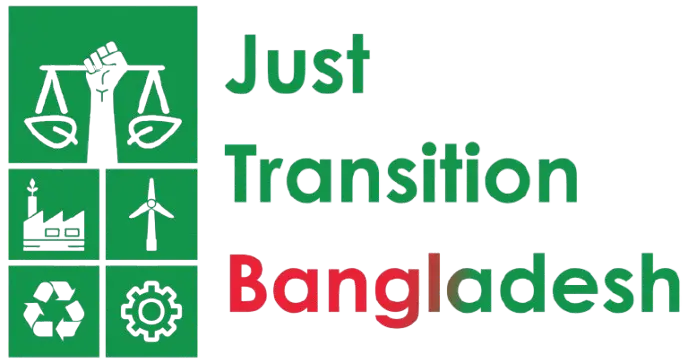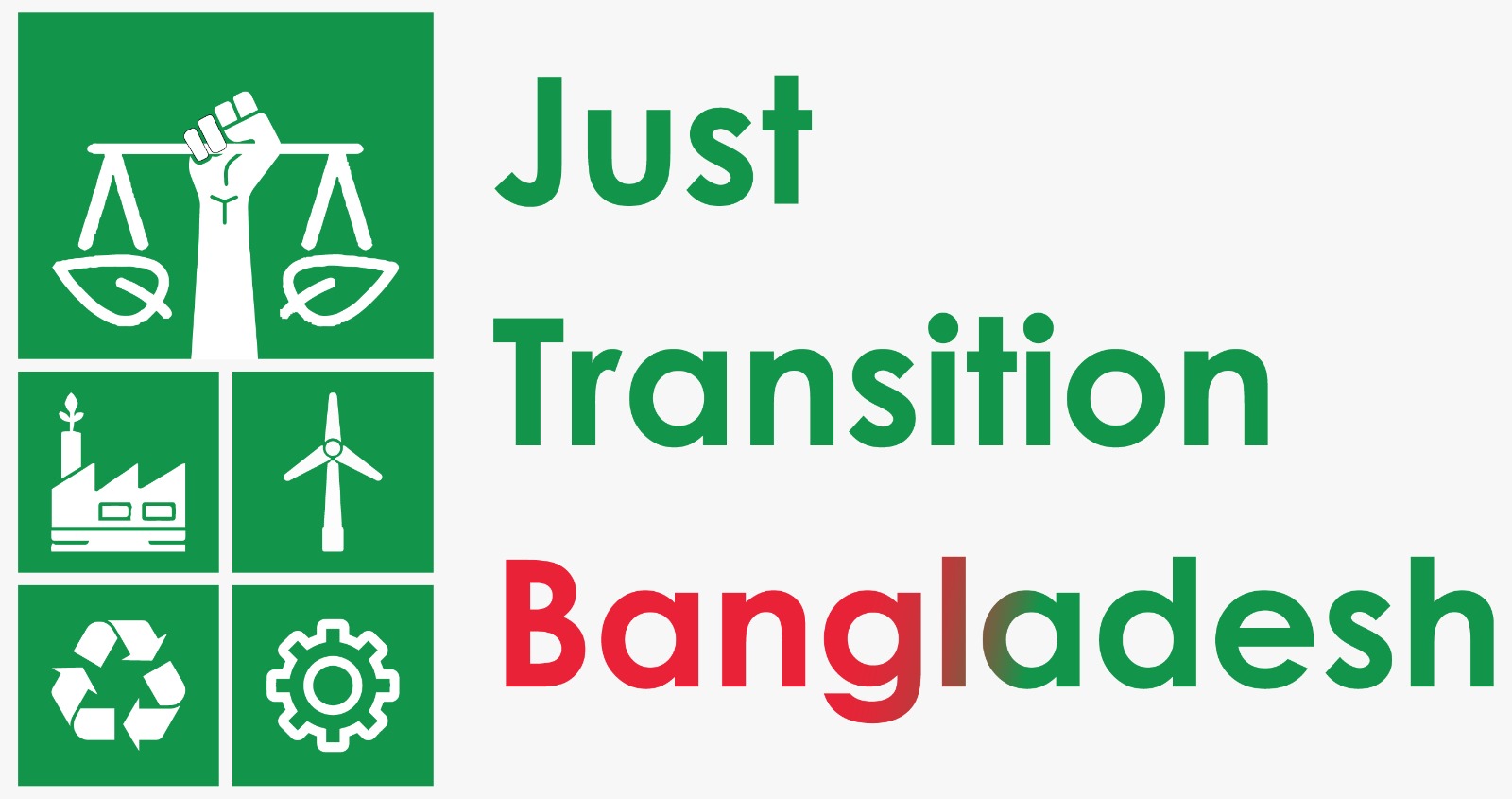Frequently Asked Questions
Below, you will find the most common queries an individual may have regarding Just Transition. If you still cannot find the answers you are looking for, feel free to email us. We are here to help you with any queries about Just Transition.
Is there any general principle of Just Transition implementation that can be applied to all sectors?
No, there is no general principle of Just Transition that can be applied to all sectors simultaneously. Just Transition policies will be different for different sectors and may vary from country to country. The policy of Just Transition should be formulated in accordance with the size of the economic sector, development stage and condition of the country.
Will Just Transition be expensive to implement?
It can be said for sure that the implementation of Just Transition will be expensive. However, the future economic benefits/benefits from this will far outweigh the costs. So, we should feel free to invest in it. But industrialized countries have to play the main role in terms of investment.
When should Just Transition be implemented?
Just Transition should be implemented worldwide now with the highest priority.
Who is responsible for Just Transition?
The responsibility of
implementing Just Transition does not lie only with an individual, organization or government but it is the responsibility of everyone.
What programs and initiatives are there to facilitate the implementation of Just Transition for countries and businesses?
For the implementation of Just Transition, European Union’s Just Transition Mechanism, World Benchmarking Alliance, Climate Action for Jobs (CA4J) initiative etc. are available worldwide. Among them, the CA4J initiative is a multi-stakeholder coalition led by the ILO. It is working to support the formulation of national policies and actions on Just Transition and to promote climate action and social justice through sustainable action, green job creation.
How is the status of Just Transition around the world?
At the UN Climate Action Summit in 2019, 46 countries pledged to develop a Just Transition strategy, and other countries and businesses have joined the effort.
What We Do
We focus on advocating for policies that facilitate a fair transition from fossil fuels to renewable energy sources. We engage in lobbying, awareness campaigns and skill development programs for workers. Additionally, we organize social dialogues and conduct research to address the negative impacts of automation and climate change on vulnerable groups, aiming to develop Just Transition policies based on their findings.
Advocacy
We engage in advocacy efforts to promote policies that prioritize a fair and equitable transition away from fossil fuels towards renewable energy sources. This includes lobbying governments and influencing decision-makers to implement supportive policies and regulations.
Awareness
Raising awareness about the importance of a Just Transition and its benefits for workers, communities and the environment is crucial. We conduct campaigns, disseminate flyers, spread posters to inform stakeholders about the need for and potential of transitioning to sustainable practices.
Skill Development
Conducting skill development trainings and workshops for vulnerable workers is a proactive approach we take to facilitate their transition to new technologies and industries, ensuring a smoother and more successful adaptation process. This includes tailored training programs, hands-on learning, technical soft skills etc.
Social Dialogue
We organize social dialogues at both local and national levels, engaging relevant stakeholders to discuss solutions pertaining to automation, climate change and other emerging challenges impacting vulnerable groups. We raise awareness of these issues among authorities and collaboratively decide on future actions to address them.
Research and Study
We conduct research and studies focusing on vulnerable groups to identify the negative impacts of automation and climate change on them. We also explore potential solutions and develop Just Transition policies based on our findings. Our activities include conducting surveys, analyzing data and preparing reports.



